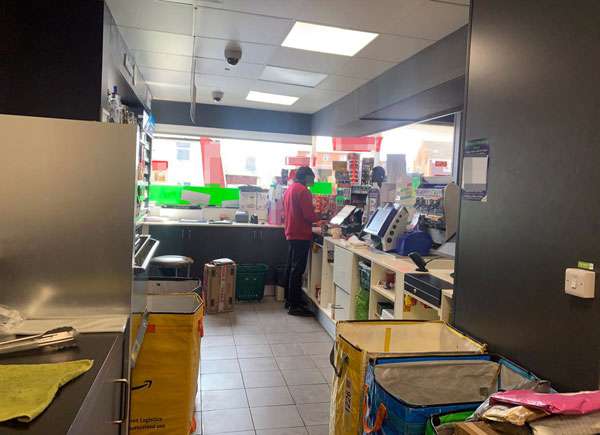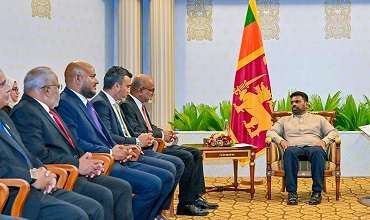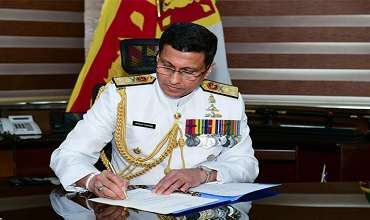Greater clarity over economic policy, matters more for than the party composition of Sri Lanka's next government, says Fitch Ratings in a statement issued on Wednesday. “Improved economic policy credibility and coherence would strengthen Sri Lanka's resilience to growing investor uncertainty towards emerging Asia. The establishment of a new government with a clear electoral mandate following parliamentary elections on 17 August should mitigate some political uncertainty, though the direction of economic policy and the stability of the likely coalition remain unclear,” it said. Fitch said early election results indicate that the governing UNP is likely to emerge as the largest party in Sri Lanka's parliament, defeating former President Mahinda Rajapaksa's bid to return to power as prime minister. “The broadly peaceful election campaign, which follows the orderly transition of the presidency in January 2015, will further reinforce the perceptions of Sri Lanka as a functioning democracy with relatively strong institutional capacity - in line with its 'BB-' rating,” it said. Listing various developments under the tenure of President Maithripala Sirisena, Fitch said Sri Lanka has the fourth-highest share of government debt – 72 per cent of GDP - of any country in the 'BB' range, after Portugal, Hungary and Croatia. Monetary policy has also been accommodative, allowing credit growth to accelerate sharply to 17.6 per cent yoy in May 2015, from almost 0 per cent in 3Q14. “This has fuelled a 45 per cent yoy rise in consumer goods imports in the first five months of the year at a time when exports were unchanged owing to stagnant agriculture and textiles. A rise in tourism receipts and remittances has acted as a buffer, although the trade deficit widened to US$3.4 billion in May, up from $3.1billion in May 2014. The current account deficit had narrowed to 2.7 per cent of GDP in 2014 from 7.8 per cent in 2011, but should widen back to 3 per cent this year. Gross foreign reserves had dropped sharply to $6.8 billion by end-May 2015 from $7.5 billion a month earlier, further highlighting pressures on external balances. The authorities indicated that reserves had been bolstered back up to $7.5 billion by end-June through a $650 million sovereign dollar debt issue and $338 million Sri Lanka Development Bond, though the latest data for end-July show reserves had fallen back down to $6.9 billion. “These factors have buffered external liquidity recently, though it is not a sustainable way of improving the stability of the external accounts,” Fitch said.
You can share this post!
Content


The final rites of veteran broadcaster, writer, and lyricist Nirmala de Alwis will be held today at Peradeniya.

Read this week’s Sunday Times for your interesting articles






Leave Comments